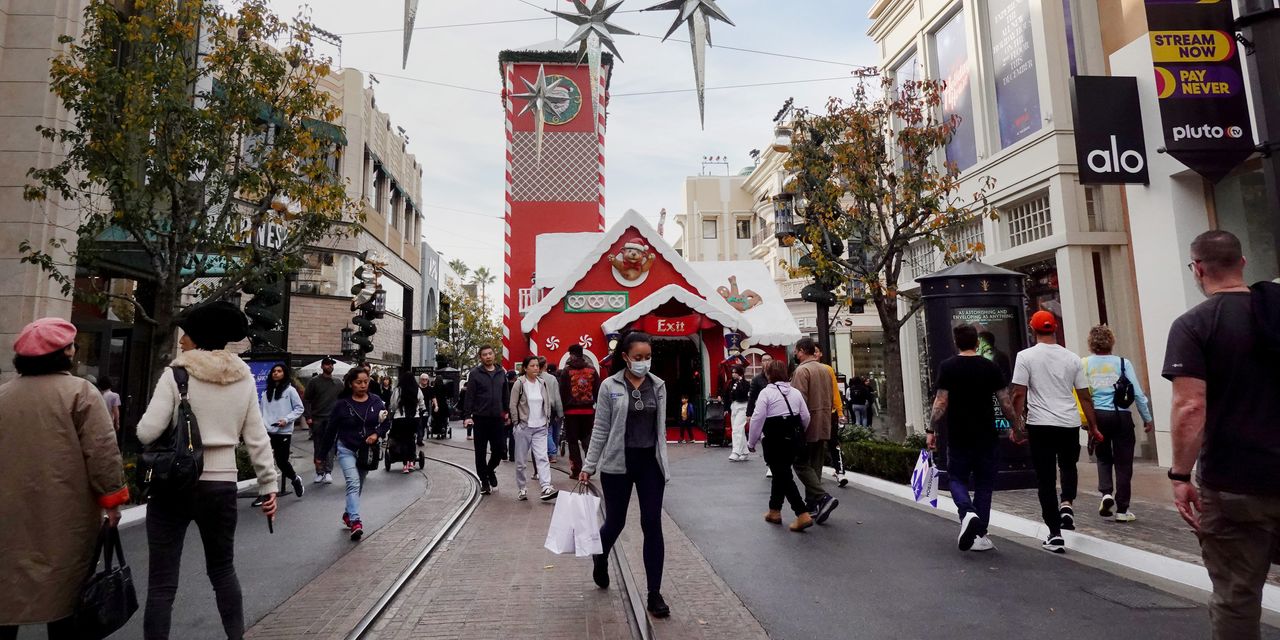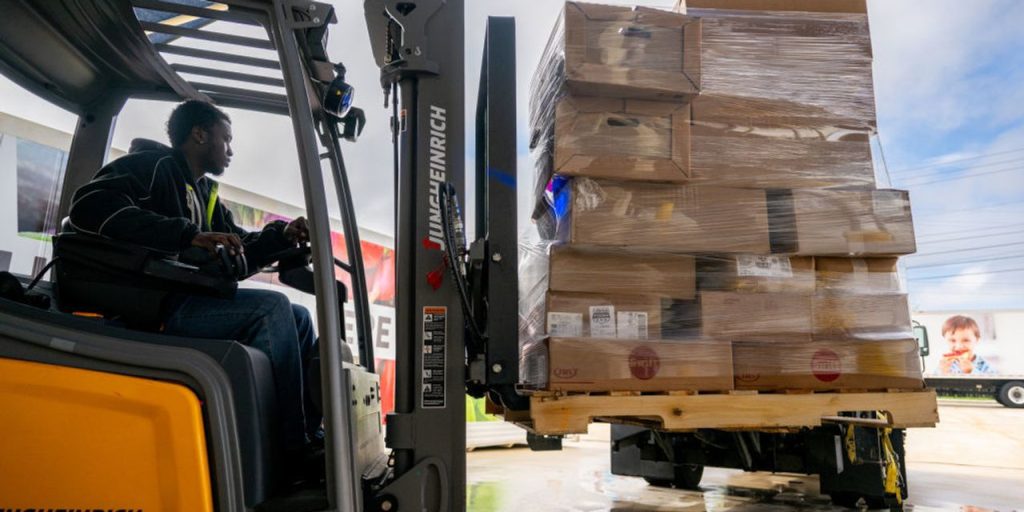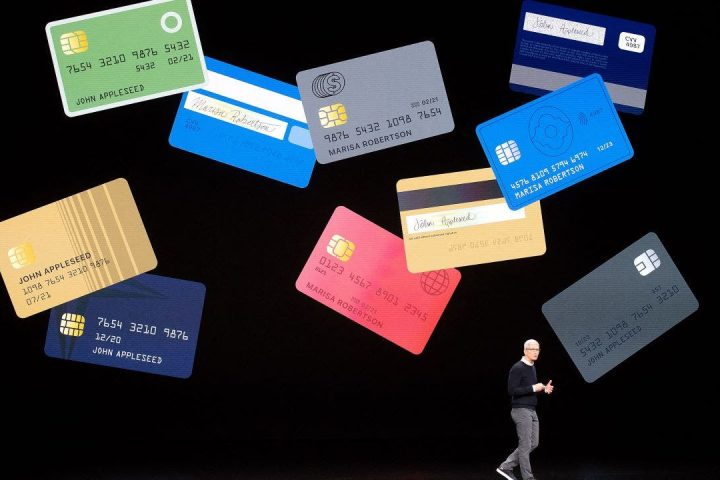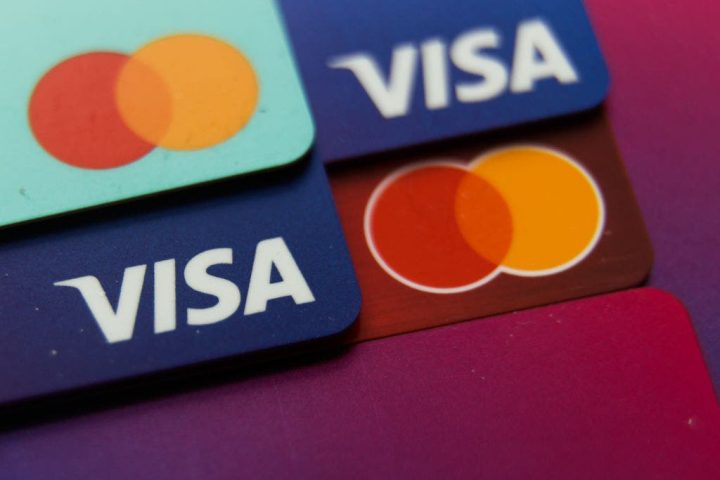The American consumer is on a spending spree — one that’s slated to last right through the busy holiday shopping season.
Holiday spending is expected to reach record levels during November and December, according to the National Retail Federation’s annual holiday forecast. Americans are expected to shell out between $957.3 billion and $966.6 billion on gifts, food, decorations and other purchases this season, compared to approximately $930 billion in 2022.
“I think we’re looking at consumer behavior, economic activity and retail sales that are very much in line with and, frankly, slightly better than pre-pandemic averages,” said Matthew Shay, the organization’s president and CEO.
The forecast appears to offer further proof of the unflappable American consumer, whose continued spending fueled impressive economic growth in the third quarter and shows few signs of letting up as the year draws to a close.
“Threats, headwinds… they remain in place,” said Jack Kleinhenz, chief economist for the NRF. “Nonetheless, consumers keep spending.”
Growth slows from last year
Holiday sales are expected to increase 3% to 4% from last year’s holiday season, the forecast stated.
That growth rate is slower than it has been in recent years. Leaders attributed that to unusually high spending in the pandemic years, when federal stimulus checks and freshly-lifted COVID restrictions fueled unprecedented sales. From 2010 to 2019, the average annual holiday spending increase was 3.6%.
Consumers plan to spend about $875 on core holiday items, the NRF said. That doesn’t include money spent at gas stations, car dealerships or restaurants.
A significant chunk of Americans have already started their shopping. About four in 10 consumers planned to start browsing and buying gifts ahead of November, according to an earlier survey from the NRF.
All that shopping will come with an average-sized seasonal jump in retail jobs. Retailers are expected to pad their payrolls about as much as they did last year, hiring 350,000 to 450,000 seasonal workers during the holidays. Last year, that number was 390,000.
Consumer spending powers economic momentum
Continued consumer spending has fueled America’s economic engine and helped it steer clear of a recession that many economists predicted to materialize in 2023.
U.S. GDP galloped at a 4.9% annual pace in the third quarter, powered by household spending on things like consumer electronics, recreation and new cars.
That trend has continued despite mixed signals from consumers on how they feel about their own finances and the state of the economy. For example, about three in four survey respondents told Bankrate they’re modifying their holiday travel this year to cut back on costs.
And consumer confidence fell to a 5-month low on Tuesday, primarily due to growing concerns about inflation, rising interest rates and war in the Middle East.
But that hasn’t kept consumers from opening their wallets this year so far, and that’s unlikely to change heading into the holidays, Shay said.
“There are consumer attitudes and consumer actions,” he said. “As long as the job market is as strong as it is, their actions are going to continue to power the economy.”
Read the full article here







